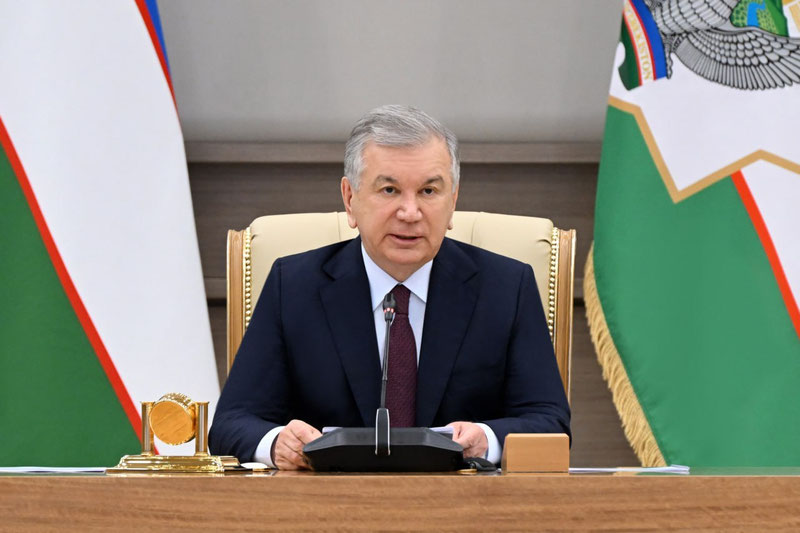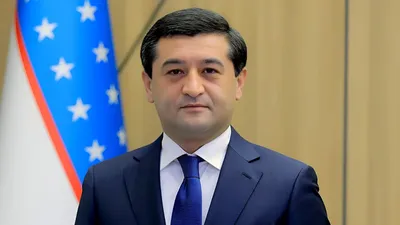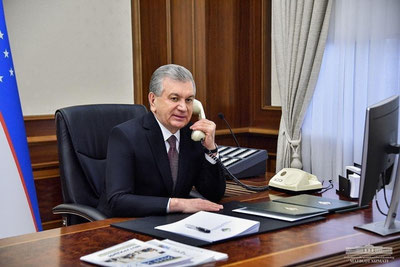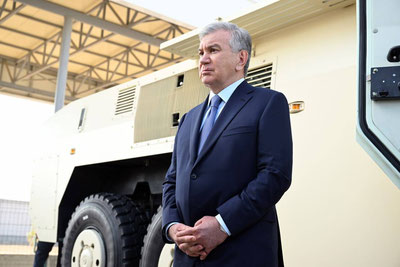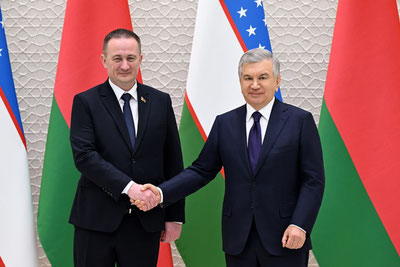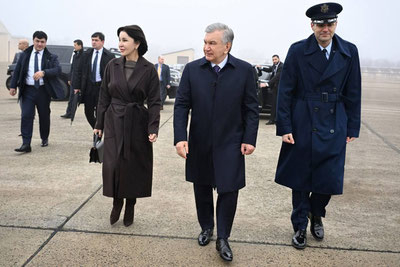President Shavkat Mirziyoyev chaired a video conference meeting on school education. The President's press service reported this.
At the beginning of the meeting, our state leader congratulated our people on May 15 – International Family Day.
“Family is the pillar of society, the cradle of spirituality, and a symbol of continuity between generations. Our people have always regarded the family as a sacred value, a solid foundation for stability.
Indeed, families that have mutual respect and gratitude thrive. The more such families there are, the more peaceful and prosperous the community will be. Districts and cities with peaceful communities, and generally, the entire country will develop.
Taking this opportunity, I wish every family in our country peace, harmony, and prosperity. May love, loyalty, and devotion never leave any home!”
– said the President.

“There is one undeniable truth in the world: the development of any country depends on a healthy and educated generation.
Therefore, it is essential and necessary to create all conditions for raising healthy, knowledgeable, critical thinking, patriotic young people on the path of building a New Uzbekistan,”
- said the head of our state.
It was emphasized that funding for preschool and school education has been increased sevenfold in the last 7 years, with 60 trillion UZS allocated this year highlighted.
Nearly one million new places have been created in schools and 1.5 million in kindergartens. Coverage by kindergartens has increased threefold, reaching 78%.
Based on criteria such as qualifications, language proficiency, a new assessment system, and science Olympiads, more than ten additional payments have been implemented for teachers. Currently, 60 thousand teachers benefiting effectively from this are receiving salaries of 8-12 million UZS.
The salaries of kindergarten educators have increased by 65%, equaling the salaries of school teachers. From the new academic year, the salaries of school directors, deputies, and kindergarten principals will exceed 7-10 million UZS.

The President addressed the existing problems in the field here.
Education programs are being adapted to the experience of the most advanced countries, textbooks are being updated, and modern equipment is being supplied to schools.
However, the extent to which teachers in the system adopt new methodologies and ensure the quality of education is questionable.
For example, two years ago, the transition to a transparent, digitalized platform for categorization revealed the actual situation.
Last year, if 341 thousand teachers applied for categories under the new system, it was noted that 102 thousand of them failed the exam.
In hiring, the system has shifted from evaluating diplomas to assessing knowledge and skills. Out of 13 thousand candidates examined through this new system, 6 thousand could not get a job due to insufficient knowledge.
Or, while 61 private universities are teaching pedagogical staff, none of them prepare teachers in chemistry, biology, and physics.
